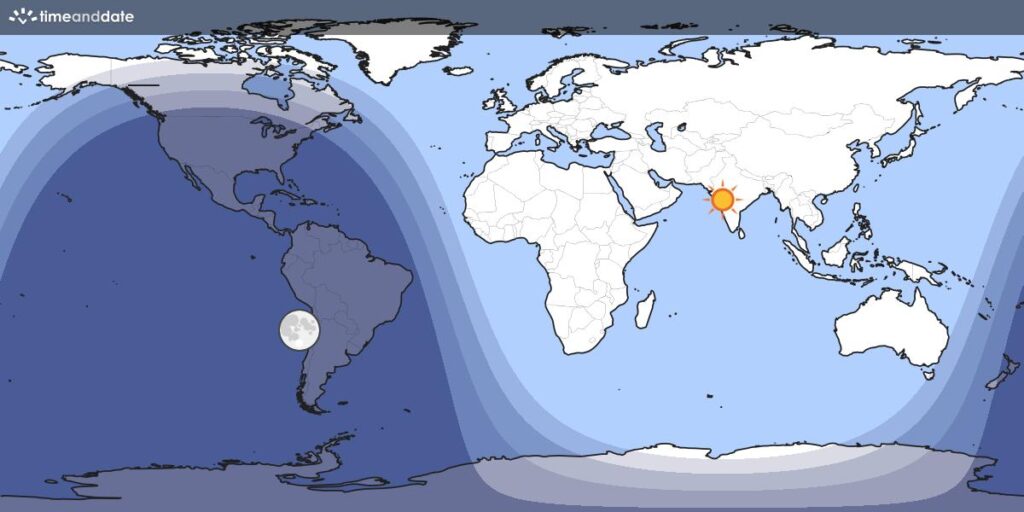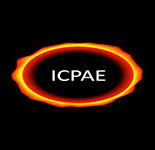
May 18th 2022, 07:00 UTC
09:00 CEST and 03:00 EDT
3PM in Beijing, 9AM in Paris, 3AM in New York
Polarimetry as a Tool for Characterising Planets and Exoplanets
Daphne M. Stam
(Delft University of Technology, Netherlands)
Recorded video: YouTube, Bilibili
Abstract:
Polarisation is a little known property of light. Maybe because humans cannot really see it with their eyes, polarisation appears to have a hard time getting into our hearts and astronomical instrumentation. Direct light of the sun and sun-like stars is mostly unpolarised, i.e. the electromagnetic waves have no preferential vibrational direction, but when this unpolarised light is scattered by atmospheric particles and/or when it is reflected by a surface, it will usually become polarised. The state of polarisation of this light is very sensitive to the composition and structure of the atmosphere and/or the surface. Polarisation measurements have been shown to provide information that cannot not be retrieved from brightness measurements alone, such as the composition of the clouds of our neighbouring planet Venus. Polarimetry also promises to be a strong tool for the detection and characterisation of exoplanets, because it enhances the star-planet contrast, provides a direct confirmation of the planetary nature of the stellar companion, and could reveal information on the atmosphere and surface of the exoplanet.
Examples of the application of polarimetry for the characterisation of solar system planets and exoplanets will be provided, and SELFIE, a plan for a small spectropolarimeter that is designed to observe the Earth from afar, as if it were an exoplanet, will be introduced.
About the speaker:
Daphne Stam studied Theoretical Physics and Astronomy at the Vrije Universiteit in Amsterdam. Her PhD-research, on spectral variations in the polarisation of sunlight that is reflected by the Earth, was performed at the KNMI and the Vrije Universiteit, under the supervision of prof. Joop Hovenier. As a postdoctoral researcher at Cornell University, Daphne worked on the analysis of observations of clouds and hazes on Saturn, Uranus and Neptune. Back in the Netherlands, she trained for a year to become a Clinical Physicist at the Antoni van Leeuwenhoekziekenhuis, but missed planetary research too much and she returned with a prestigious Veni-grant to work on polarisation signals of exoplanets, planets around other stars, at the University of Amsterdam. With a Vidi-grant on the same topic, Daphne started a research group on Planetary and Exoplanetary research at SRON, the Netherlands Institute for Space Research, where she initiated with Leiden astronomers Frans Snik and Christoph Keller the development of SPEX, a small spectropolarimeter for planetary remote-sensing, which will be launched in 2024 onboard a NASA Earth observation mission. In 2012, Daphne took up a position at the rapidly expanding Planetary Exploration group of the faculty of Aerospace Engineering at the Technical University in Delft, where she is Associate Professor of Planetary Sciences, still working on variations of the SPEX instrument and other small polarimeters, and atmospheres of planets around the Sun and beyond. Daphne is co-I on ESA’s Envision mission to Venus.
Audience in the world:

(image credit: timeanddate.com)

Organization: ICPAE
(https://www.iamas.org/icpae/webinar)
Supported by IAMAS (https://www.iamas.org)
